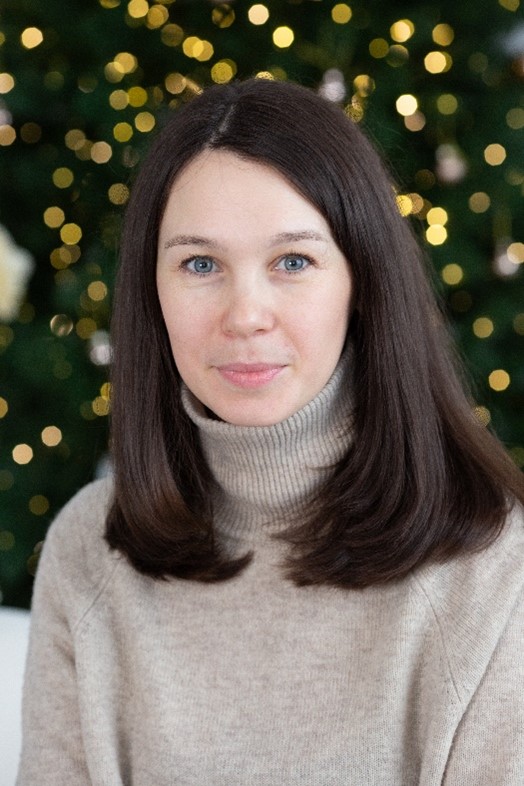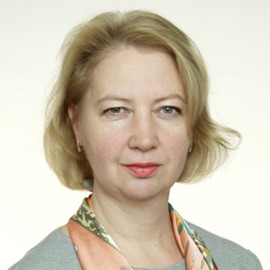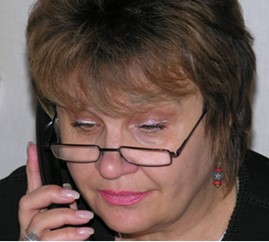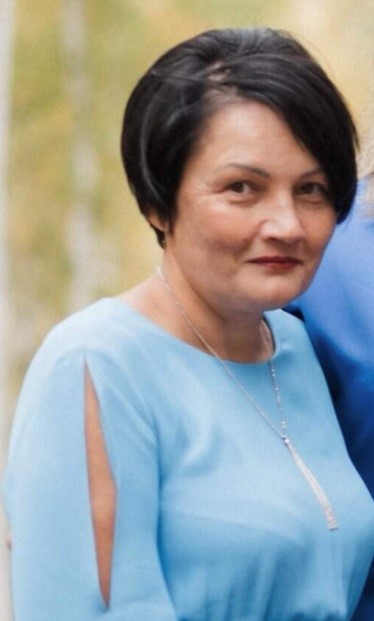Malovetskaya Ekaterina Viktorovna
Place of work: Federal State Budget Educational Institution of Higher Education ¬ęIrkutsk State Transport University¬Ľ, Irkutsk, Russia
Academic degree: Candidate of Technical Sciences
Academic status:  associate professor
Post: associate professor, department of control of operational work
Specialty from nomenclature of scientific specialties (Code of Higher Attestation Commission): ¬†05.22.08 ‚Äď Control of operational work
Scientific major: theory of transportation processes, control of operational work on railway transport, creative of forecast models.
Important publications:
- Malovetskaya E. Prospects for Comprehensive Forecasts When Assessing the Load of Railway Transport Infrastructure / E. Malovetskaya, E. Voskresenskaya, A. Mozalevskaya // Finance, Economics, and Industry for Sustainable Development (ESG 2023) : Proceedings of the 4th International Scientific Conference on Sustainable Development, St. Petersburg. ‚Äď Cham: Springer Nature Switzerland AG, 2024. ‚Äď pp. 217-225.
- Malovetskaya E. V. The possibility of using a temporary neural network to forecast incoming car traffic E. Malovetskaya // Transport: science, technology, management. Scientific information collection. ‚Äď 2023. ‚Äď ‚ĄĖ11. ‚Äď pp. 43-52. ‚Äď DOI 10.36535/0236-1914-2023-11-6.
- Malovetskaya E. V. Possibilities of using ARIMA models in constructing forecast values of car flows / E. Malovetskaya, A. Mozalevskaya // T-Comm: Telecommunications and transport. ‚Äď 2023. ‚Äď Vol. 17, ‚ĄĖ1. ‚Äď pp. 33-41. ‚Äď DOI 10.36724/2072-8735-2023-17-1-33-41.
- Malovetskaya E. V. Neural network approach to constructing forecast models of car flow arrival at railway junction points / E. Malovetskaya // T-Comm: Telecommunications and transport. ‚Äď 2023. ‚Äď Vol. 17, ‚ĄĖ11. ‚Äď pp. 41-50. ‚Äď DOI 10.36724/2072-8735-2023-17-11-41-50.






